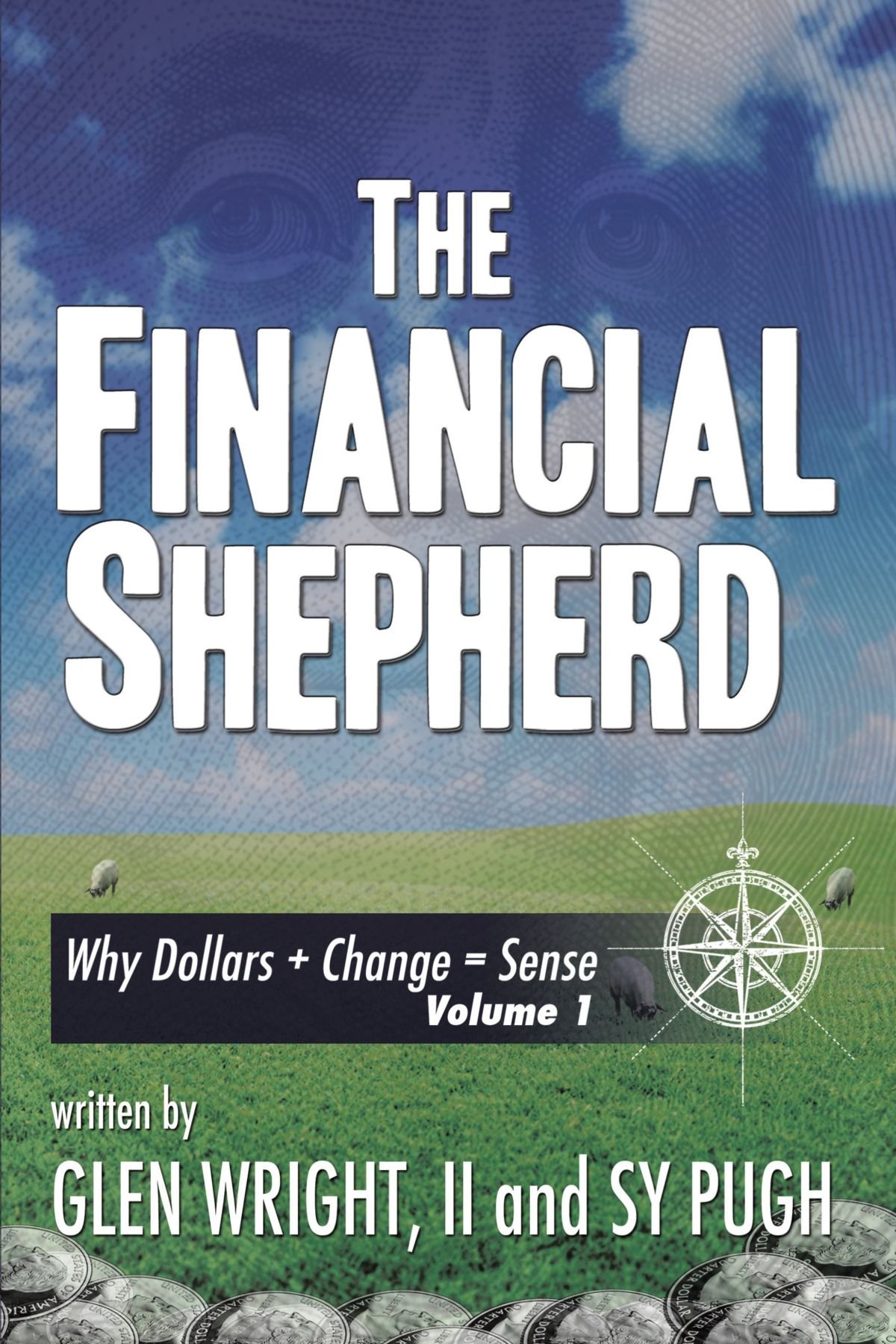As with any type of failure, it is very difficult to point the finger at one particular cause. When I meet with couples after years of frustration in their marriage, there is never just one thing that caused the marriage to spiral downward – and ultimately out of control. After a long season of college basketball, there is never just one thing that caused the team not to win a national championship. Most likely, there was a series of errors; missed shots, poor passes, turnovers, and missed opportunities adding up to a loss.
Likewise, if you are on the brink of financial failure, there is not just one thing that you can identify to be the root cause of your circumstances. There are probably several things including poor financial habits and training, inadequate financial knowledge, reckless spending habits, bad debts, mismanagement of credit, etc. Although there are many things that lead to financial failure, there is some commonality in each scenario. If there was ever a simple answer to the cause of failure in general, it would have to be poor financial planning and lack of preparation. Perhaps the best skill set to hone is that of preparation and planning because it can affect the outcome of every aspect of our lives. Preparation and planning do not require any type of educational degree, but they do require effort. They are not necessarily spiritual gifts, yet they do require wisdom. Careful execution can create the subtle difference between being rich and being wealthy. Christ also placed emphasis on the importance of planning. In Luke 14:28- 30 (NIV), His example transcends the barriers of time. The passage reads, “Suppose one of you wants to build a tower. Will he not first sit down and estimate the cost to see if he has enough money to complete it? For if he lays the foundation and is not able to finish it, everyone who sees it will ridicule him, saying, ‘This fellow began to build and was not able to finish…’”
Isn’t this what happens when we fail to plan? When viewed from God’s perspective, the lack of planning seems to be quite careless, let alone costly. Later on, we will talk about the importance of setting goals as this is the all-important start to preparation and planning.









